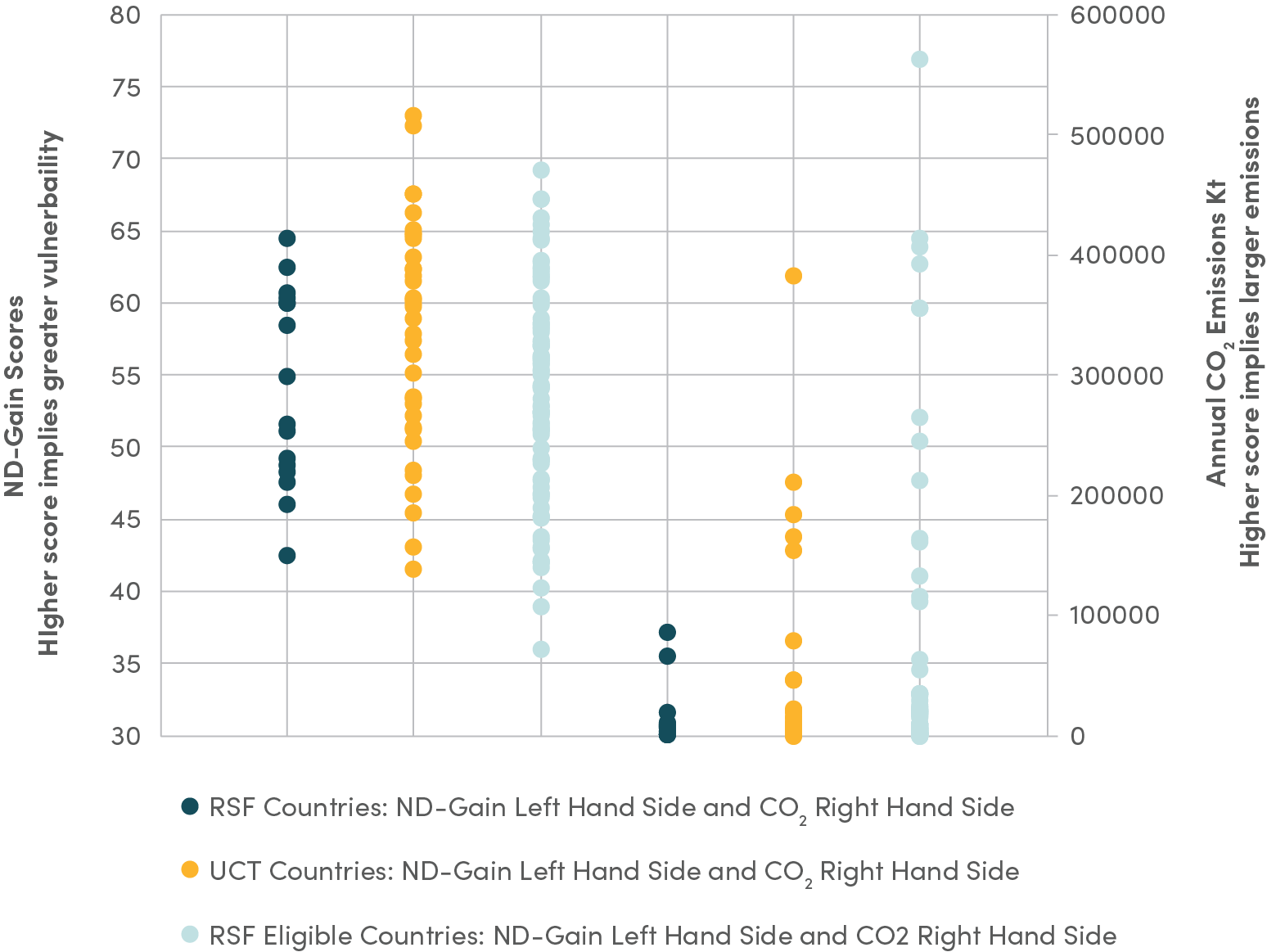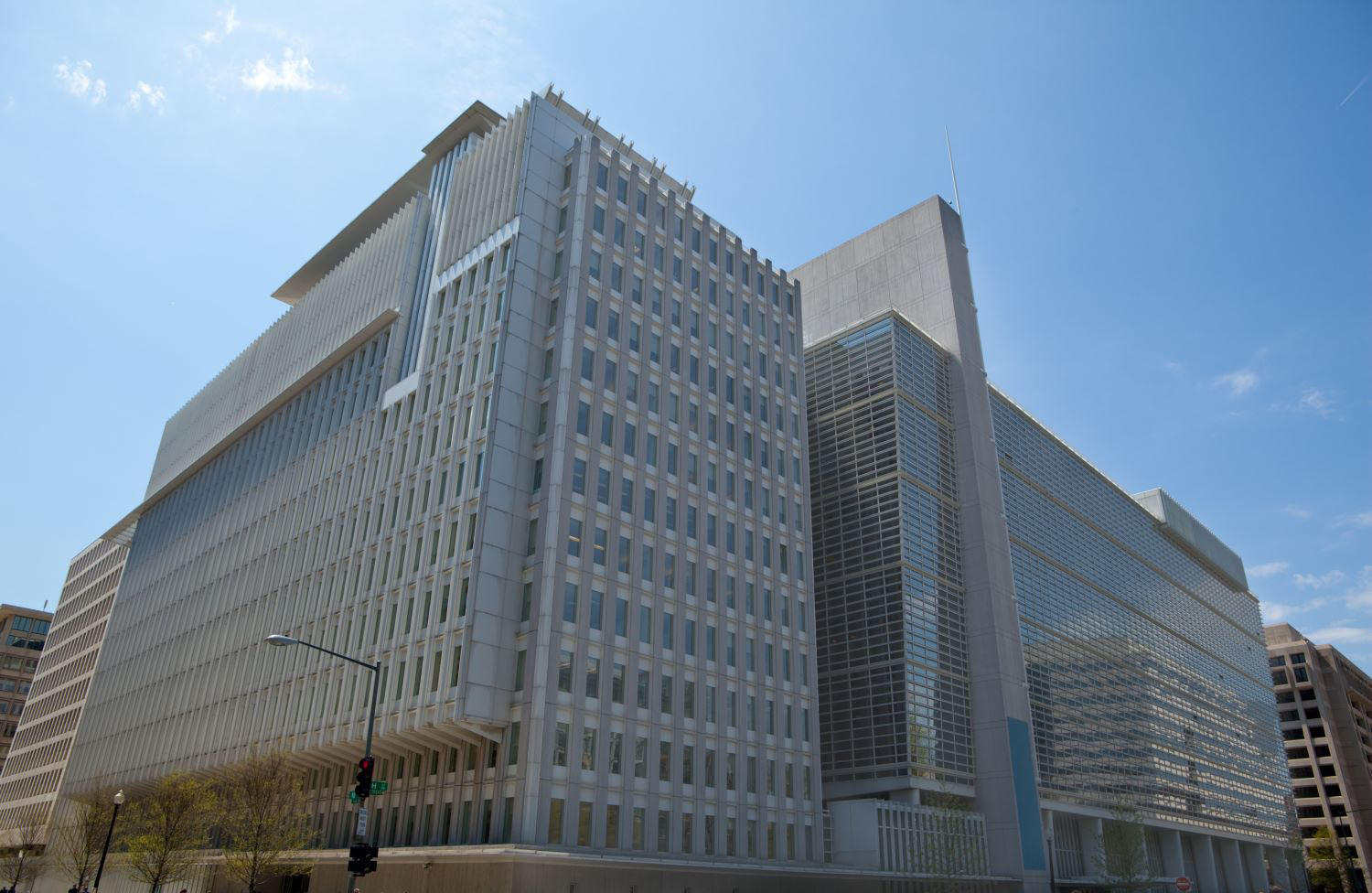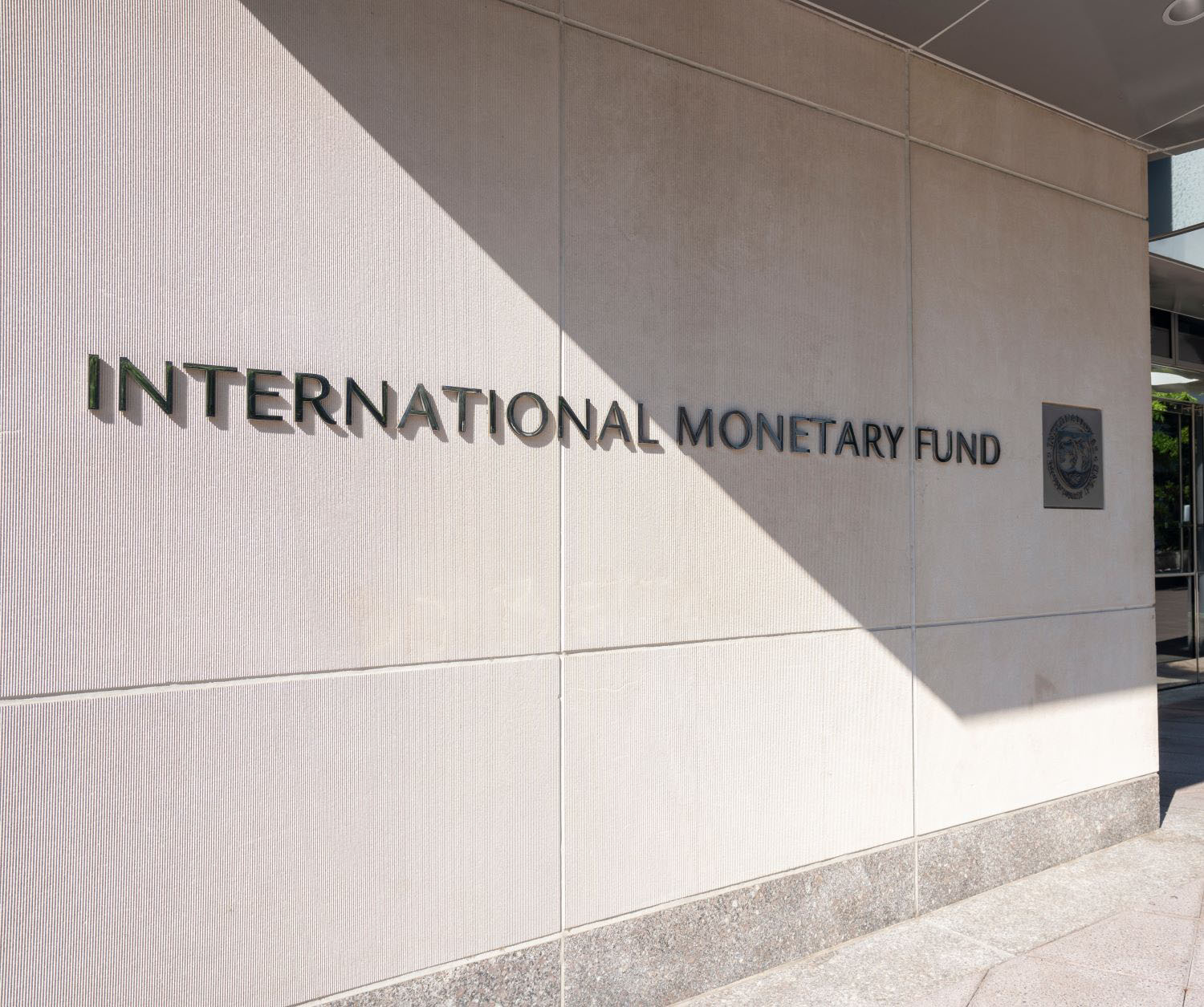The World Bank now has three benchmarks for measuring poverty. The “headline” extreme poverty threshold of $1.90/day will stay, but two new international poverty lines were added for lower middle-income ($3.20/day) and upper middle-income ($5.50/day) countries. While it’s great that the World Bank is bringing a little more nuance to the way we define poverty, it's still a repackaging of Lant Pritchett’s kinky development.
Kinky energy is still a problem for international measures of energy access. The International Energy Agency (IEA), in their 2017 World Energy Outlook have maintained the definition for “modern energy access” at a consumption rate of just 100kwh per person per year in urban areas and just 50kwh for people living in rural households. The IEA reports global energy access progress on these figures. Yet this level of energy consumption is far from anything approaching “modern.” It’s about what’s required to charge a cell phone and power a few lights. And it’s farcical to declare success for crossing this low threshold.
The World Bank and SE4ALL's Multi-tier Framework has five levels and is far better, yet this is still misleading because “very high power” is set at 600 kWh per person per year. There are zero high-income countries in the world with consumption below five times this rate. The United States is more than 20 times higher.
In the 2016 report, More Than a Lightbulb by CGD’s Energy Access Targets Working Group, we proposed redefining modern energy access and called for three new thresholds that are more meaningful and better reflect energy as development progress: 100 kWh as an extreme energy poverty line, 300 kWh for basic access, and 1,500 kWh for modern energy access.
As with poverty lines, maybe it's finally time the international community revised energy targets too?
CGD blog posts reflect the views of the authors, drawing on prior research and experience in their areas of expertise.
CGD is a nonpartisan, independent organization and does not take institutional positions.





